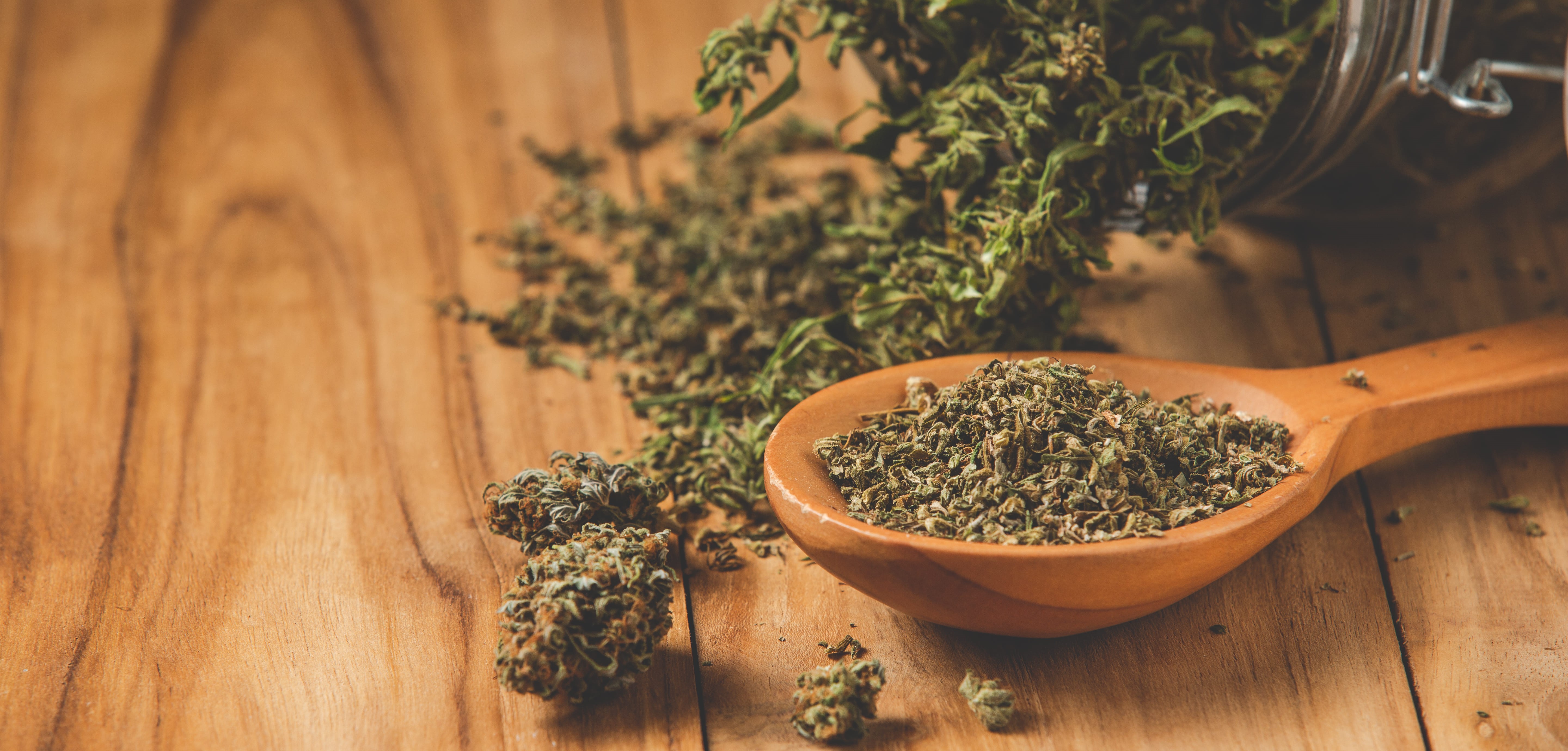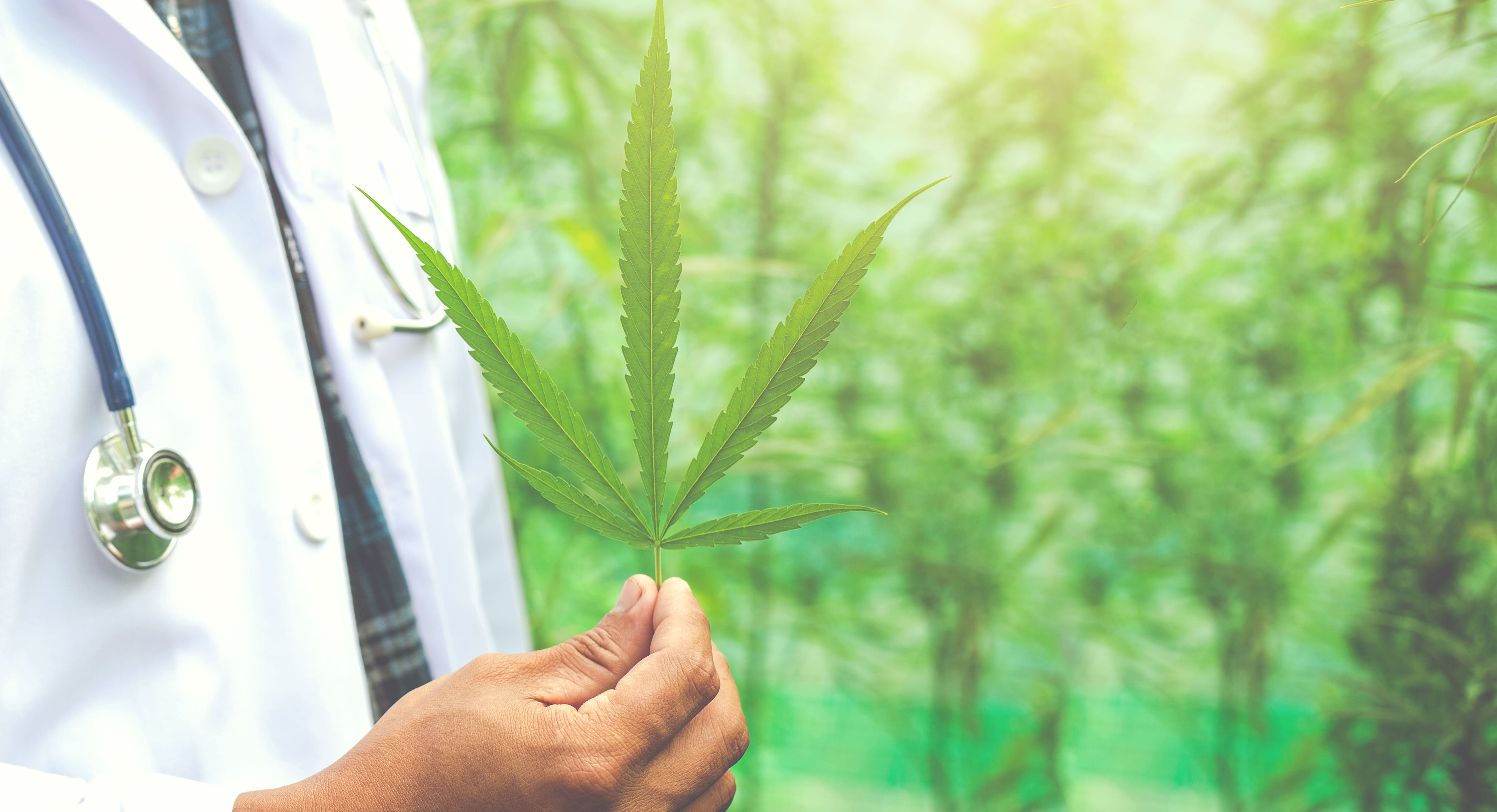Unveiling the Potential :
Does CBD Help with Anxiety?
In the intricate realm of mental health, anxiety casts its shadows over the lives of countless individuals. As we navigate the ever-evolving landscape of treatments, a question that resonates is: Does CBD help with anxiety? CBD, short for cannabidiol, has emerged as a topic of significant interest, sparking discussions about its potential role in alleviating the distressing symptoms of anxiety disorders.

Exploring the Inquiry: Does CBD Help with Anxiety?
CBD is a naturally occurring compound found in the cannabis plant. Unlike its counterpart, THC, CBD is non-psychoactive and does not induce the "high" associated with cannabis use. Researchers and medical professionals are exploring whether CBD's interaction with the body's endocannabinoid system could hold promise in managing various health conditions, including anxiety.
Understanding the Mechanism
The exploration of whether CBD helps with anxiety centers around its interaction with receptors in the endocannabinoid system. This system plays a pivotal role in maintaining physiological balance, including regulating stress responses and mood. By influencing these receptors, CBD may modulate anxiety-related pathways and contribute to a sense of calm.
Does CBD Help with Anxiety: An Emerging Perspective
As research into CBD's potential benefits advances, an increasing body of evidence suggests that CBD might have a role to play in anxiety management. Some studies propose that CBD's impact on the endocannabinoid system could lead to the reduction of anxiety symptoms.

Benefits of CBD for Anxiety Relief
1. Natural Approach: CBD is sourced from natural plant material, aligning with the growing interest in holistic and natural health remedies.
2. Minimal Side Effects: CBD is generally well-tolerated, with minimal reported side effects, making it an appealing option for individuals seeking anxiety relief.
3. Targeted Symptom Alleviation: CBD's interaction with the endocannabinoid system could address the root causes of anxiety responses, potentially providing comprehensive relief.
4. Potential Adjunct Therapy: CBD might complement existing anxiety management strategies, offering a multifaceted approach to symptom reduction.
Navigating the Inquiry: Does CBD Help with Anxiety?
Before considering CBD for anxiety management, it's crucial to consult a qualified healthcare professional. A doctor's guidance is essential in determining individual needs, potential interactions, and the appropriate dosage.
It's important to note that while research suggests CBD's potential benefits, its effects can vary from person to person. Close communication with healthcare providers and regularassessments are key to gauging CBD's impact on anxiety symptoms.

Conclusion
The question of whether CBD helps with anxiety resonates at the crossroads of science, health, and wellness. As we continue to unravel the complexities of mental health treatments, CBD's potential emerges as a beacon of hope.
Through informed decisions, open conversations with healthcare providers, and a willingness to explore alternative approaches, individuals can engage with the evolving dialogue surrounding CBD's role in anxiety management. As research continues to shed light on this intersection, it highlights the importance of considering a wide range of options in the pursuit of mental well-being.